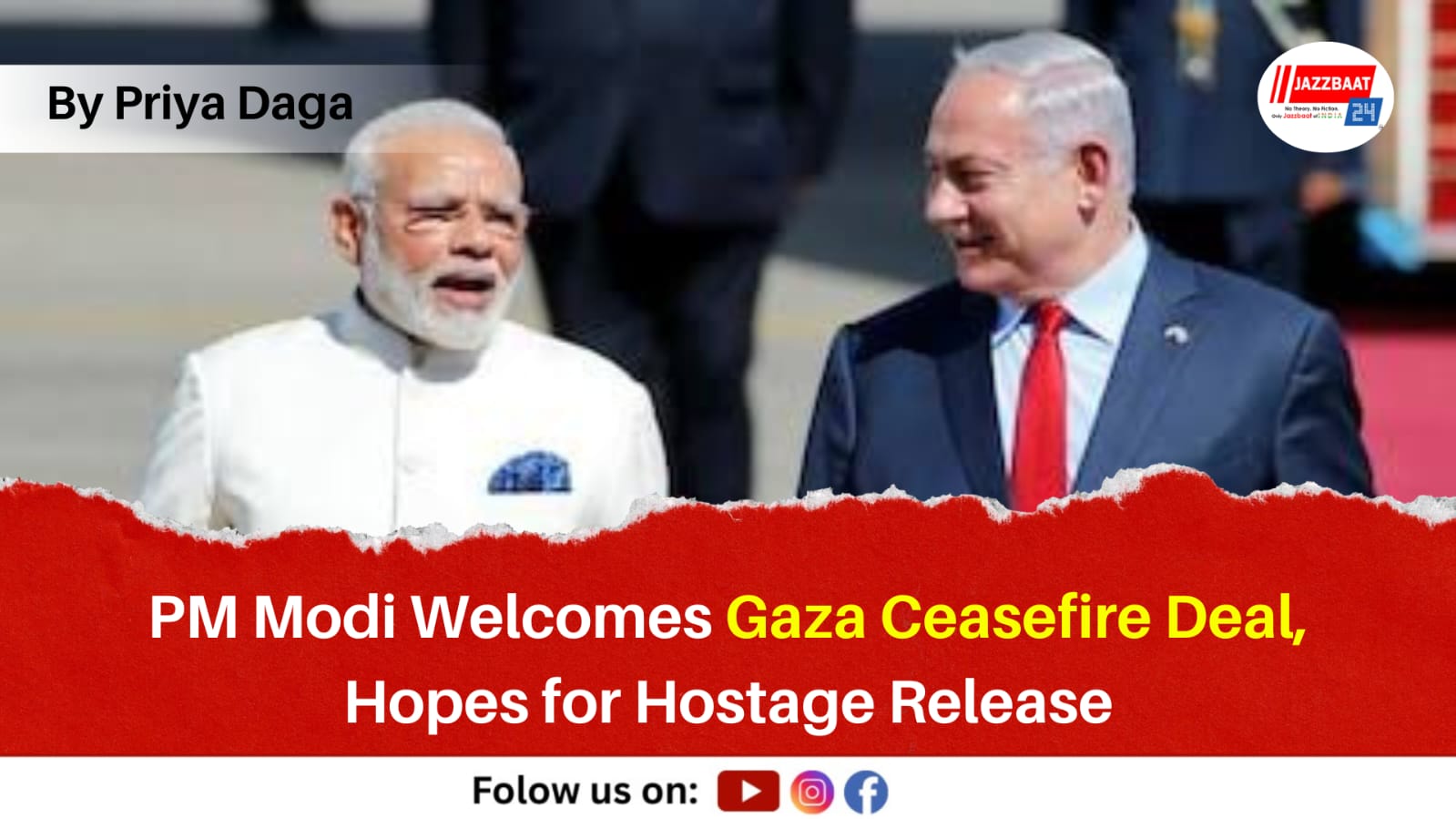
Prime Minister Narendra Modi has reacted to the historic Gaza ceasefire agreement announced by US President Donald Trump, expressing hope that the deal will lead to the safe release of all hostages and bring lasting peace to the region.
The development comes after Israel and Hamas signed off on the first phase of Trump's peace plan following intensive negotiations at Egypt's Sharm el-Sheikh resort. The agreement marks a potential turning point in a devastating two-year conflict that has claimed over 67,000 Palestinian lives and left nearly two million people displaced.
Modi's response highlights India's long-standing position of supporting diplomatic solutions and peaceful conflict resolution in the Middle East. The Prime Minister's statement came shortly after Trump announced on Truth Social that both parties had agreed to the initial phase, which includes the release of 48 Israeli captives held in Gaza and Palestinian prisoners from Israeli jails.
However, even as diplomatic channels celebrated the breakthrough, ground realities remained grim. Israeli airstrikes continued across Gaza despite the ceasefire talks, with at least eight Palestinians killed in the last 24 hours alone. Gaza's Government Media Office reported that Israel conducted 271 air and artillery strikes over the past five days, killing 126 civilians including women and children.
The humanitarian situation in Gaza has reached catastrophic levels. The World Health Organization warns that only 14 of Gaza's 36 hospitals remain partially functional, with facilities facing severe shortages of electricity, clean water, and medicine. Some health centers have been hit, rebuilt, and targeted again.
Mediator Qatar confirmed that an agreement had been reached on all provisions of the first phase but said detailed terms would be announced later. The negotiations involved high-level officials from Qatar, Turkey, Egypt, and the United States, reflecting the international community's urgency to end the bloodshed.
Critical challenges remain unresolved. While the initial framework for hostage and prisoner exchange appears agreed upon, sticking points include the timing of Israeli troop withdrawal, post-war governance of Gaza, and Hamas's future role. Israel maintains that the war won't end until Hamas disarms, creating a fundamental disagreement with the ceasefire terms.
Political analysts note that both sides have shown willingness to compromise on the captive-prisoner exchange parameters, but the path ahead remains fraught with complications. Trump has hinted at visiting the Middle East by Sunday, underscoring the fragility of the agreement and the need for sustained diplomatic pressure.
The Hamas delegation participating in talks includes leaders who survived an Israeli assassination attempt in Doha just last month—a stark reminder of how volatile the situation remains. The Palestinian Islamic Jihad group is also joining the negotiations, as they currently hold some Israeli captives.
For India, which has historically maintained balanced ties with both Israel and Palestine, the ceasefire represents an opportunity for regional stability. Modi's measured response reflects New Delhi's approach of encouraging dialogue while respecting the complexities of the conflict.
As the world watches this fragile peace process unfold, the real test lies not in signing agreements but in implementing them. For the millions of Palestinians living amid destruction and displacement, and for Israeli families waiting for their loved ones to return, this first phase offers something precious, a chance at hope after two years of unrelenting tragedy.